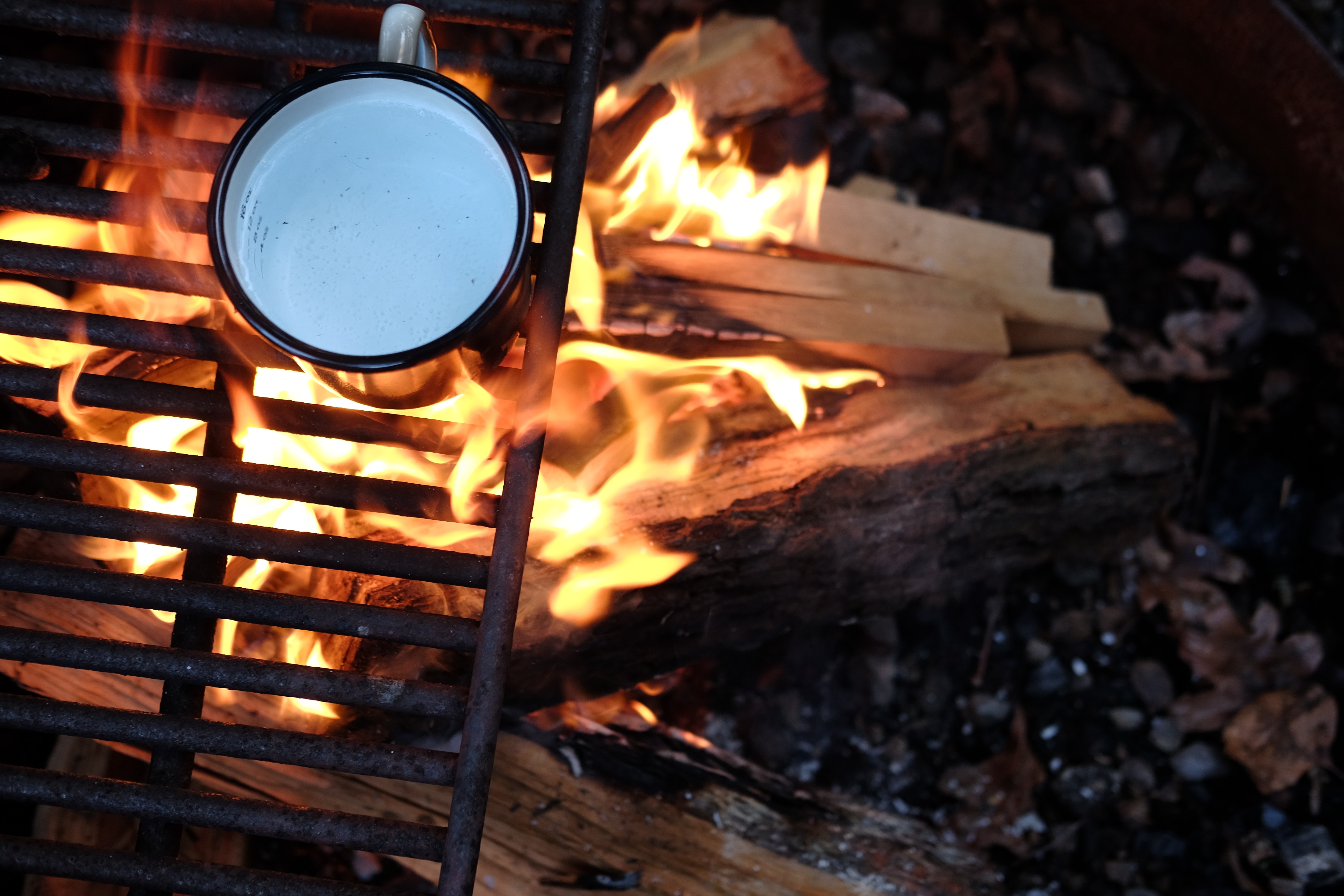
 Enjoying the great outdoors by yourself or together with your friends and family is an amazing experience. There is something immensely freeing about sleeping under the open skies and waking up with the smell of fresh, untamed morning air filling your nostrils. However, this experience isn’t one without its challenges.
Enjoying the great outdoors by yourself or together with your friends and family is an amazing experience. There is something immensely freeing about sleeping under the open skies and waking up with the smell of fresh, untamed morning air filling your nostrils. However, this experience isn’t one without its challenges.
What You Need to Know
It generally takes campers a long time to get accustomed to all the different situations a camping trip might involve. Fortunately, you can take some shortcuts in the learning process if you are dedicated enough. Here are the four most important prepping skills you master after years of camping.
1. Choosing the Right Equipment
The equipment you bring along with you on your camping trip is vital to your comfort and well-being. A high-quality tent is a must, and so is a well-insulated sleeping bag. Investing in a sturdy backpack that can fit all your essentials is your best bet if you want to be prepared for anything that might occur.
You also need to be prepared in case the weather turns unexpectedly humid. One thing that every seasoned camper needs to know is how to waterproof leather boots in case they don’t have ones that already possess that quality on hand. Add in a sturdy raincoat and you’re all set for even the most unexpected surprises Mother Nature could throw onto you.
2. Packing Lightly
When you’re out in the wild, packing lightly is essential, especially when you prefer hiking up to remote places to get away from the world for one weekend. To do this like a pro, you will need to know what the essentials are depending on the location and duration of your trip. Multi-purpose items such as a Swiss army knife, are an excellently practical choice.
On top of that, always remember not to bring too many separate outfits. You’ll end up not wearing them anyway, so focus on warm, layering appropriate-clothing instead. It’s important to prepare for cold weather, even if the forecast says otherwise. Furthermore, one pair of boots is enough. Always make sure you have clean socks and undergarments on hand, but don’t overdo it.
3. Adequate Food Storage
Naturally, bringing a balanced variety of canned and fresh food is essential while out camping. Cooking out in the open wilderness is a very nourishing experience for both body and mind, but it also comes with its risks. Something that a lot of beginner campers don’t realize is that storing food properly is also crucial while out camping.
During the day, whatever you bring needs to be kept in a cooler to preserve its freshness for as long as possible. Then, before going to sleep at night, make sure to put any leftovers in the car or any anti-bear enclosure on the campgrounds so that wildlife isn’t drawn to it. Bears coming in the middle of the night looking for food aren’t a myth, unfortunately.
While they most likely won’t hurt you during their food foraging, you don’t want to wake up the next day and have nothing left to eat. In addition, scaring them away is potentially dangerous, so it’s best to avoid this hazard altogether.
4. First Aid Kit
According to Recreation.gov, an adequate first aid kit is one of the best things to have on hand if you want to ensure that you and all the other members of your group stay safe. The perfect one contains antiseptics for scrapes and cuts, insect repellent, pain relievers, sunscreen, tweezers and a snakebite kit as well.
If anyone in your group has any special needs as far as allergies or any other health conditions are concerned, make sure to tailor your little emergency box to their situation. Antihistamines are a good addition, as is any other essential medicine. And if you’ve got some room to spare, throw in some duct tape as well. It is a great multi-purpose item to have on hand.
Conclusion
Nature is beautiful, but it can also be dangerous. This is why you need to do your best to always protect yourself and those around you. It will be hard at first, which is why you need to stick to the beaten path. Slowly, you will learn how to deal with various situations and you can venture out into true wilderness when you feel courageous enough.
It’s essential to remember a few things. Always choose the right equipment. Your tent and your sleeping bag are your most trusted allies, so make sure they are sturdy and reliable. When in doubt, always go waterproof, and always pack lightly. Make room in your backpack for what’s important and bring as many multi-purpose items as you can.
Finally, a first aid kit is your best friend in case you or someone nearby gets hurt. Pack it with everything you and your group need to maintain your safety and well-being. But most importantly, don’t forget to have fun!
